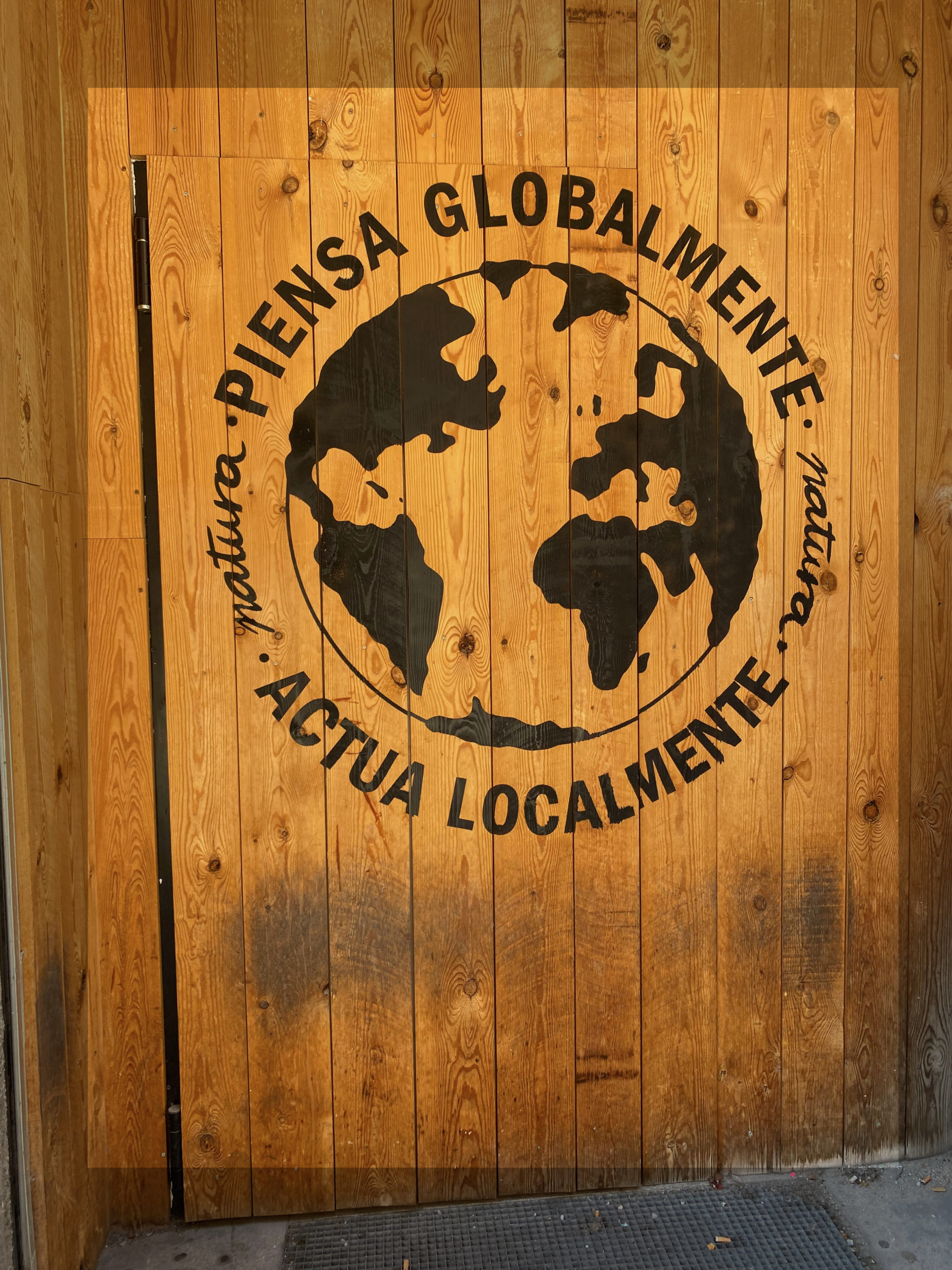
Being raised by Mexican parents but growing up in the US has always made me question my identity. I have always dealt with the feeling of not being Mexican enough to call myself just “Mexican” and definitely could not relate with being American. Am I 50% Mexican, 50% American? 75% Mexican and 25% American? 95% Mexican and 5% American? Who knows because apparently I don’t and my interactions here in Spain have caused further confusion.
Here, because of my appearance, most people who I have encountered automatically assume I’m from a Latin American country. Now, to me, this does not bother me at ALL, it’s actually quite flattering and I prefer that I’m recognized as ~Latina~ because I most definitely am! Even though I was born in the US, I am proud of my heritage, where my parents were born, my tan skin complexion, my dark hair, and everything else. However, I feel that only identifying as Mexican can be unfair especially to those who were actually born and raised there. Since I was not born there, have never lived long periods of time in Mexico and the language I resort to is English, every time people ask where I am from, I get stuck. Since I did grow up bilingual, I know that my accent has a Mexican ring to it which I can completely understand why their assumption is what it is. I find it interesting though that when I clarify that my parents are Mexican but I was born in the United States, they almost disregard the US part and say, “Ah, so Mexican you said, what part are you from?” Sometimes, I don’t even say I’m Mexican and just say that I am from the US but they look at me and say “… but where are you really from” which I know that they are asking because of my “looks” and my lack of being white.
I am currently trying to explore this aspect about my self-identity as it often comes with this interesting perceived identity from new interactions I have abroad. I have also encountered Mexicans here in Spain, who were actually born and raised there and more than once have told me “Oh, but you’re not truly Mexican since you weren’t born there” or they’ll “evaluate” my accent? It has never done in a rudely manner but it’s definitely comments like those that slightly pain me because I feel, identify, and love my Mexican roots. As I continue my study abroad, I have resorted to give the whole explanation which includes stating that I am from the US but both my parents are proudly Mexican which makes me Mexican-American but I’m more Mexican than American. This is a much longer response than they probably anticipated but I feel better explaining myself. These are just some thoughts and feelings that I’ve repeatedly encountered so I thought writing a journal about it would maybe resonate with others that have shared identities.
Totally of topic but here’s a picture I loved.
“Piensa Globalmente/Actua Localmente” ———- “Think Globally/Act Locally”
